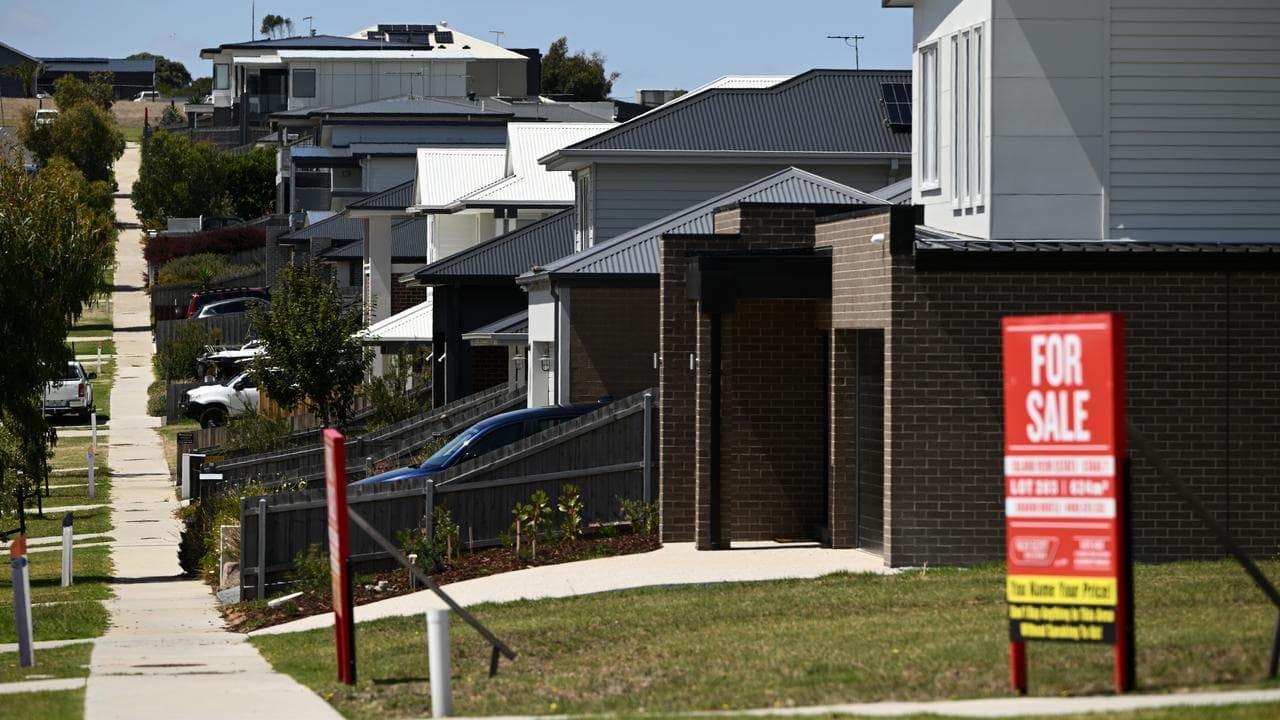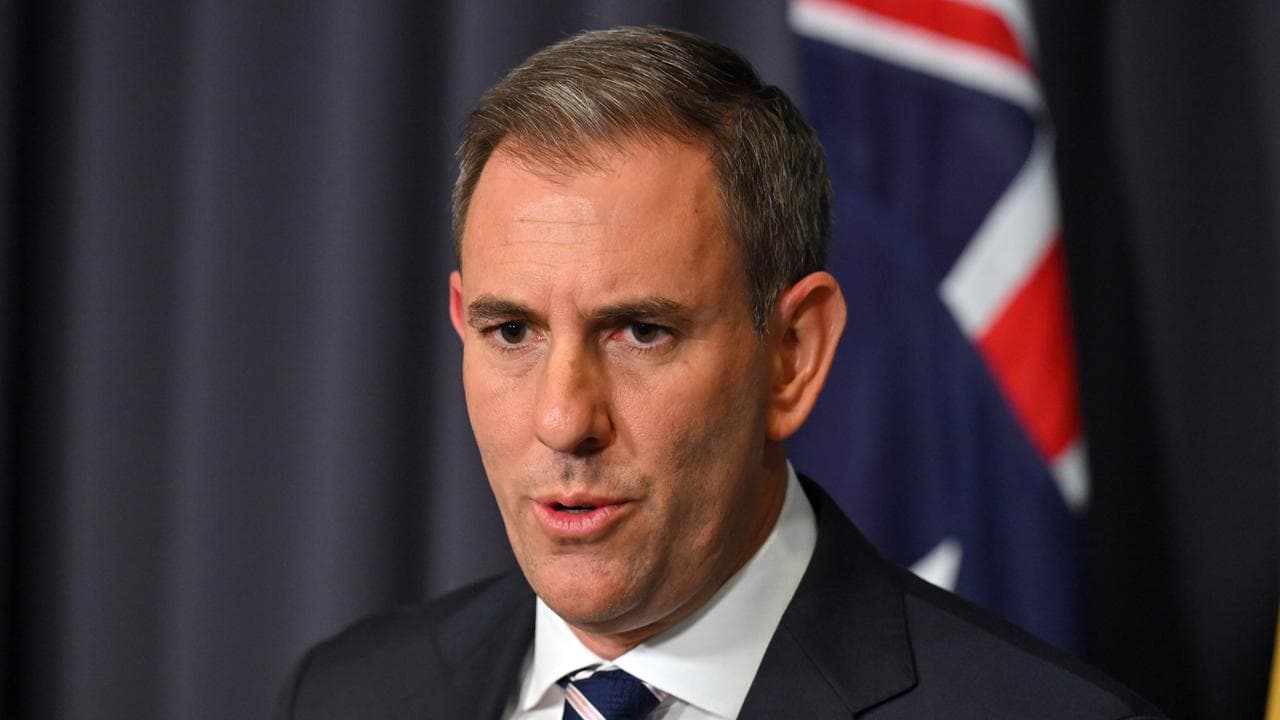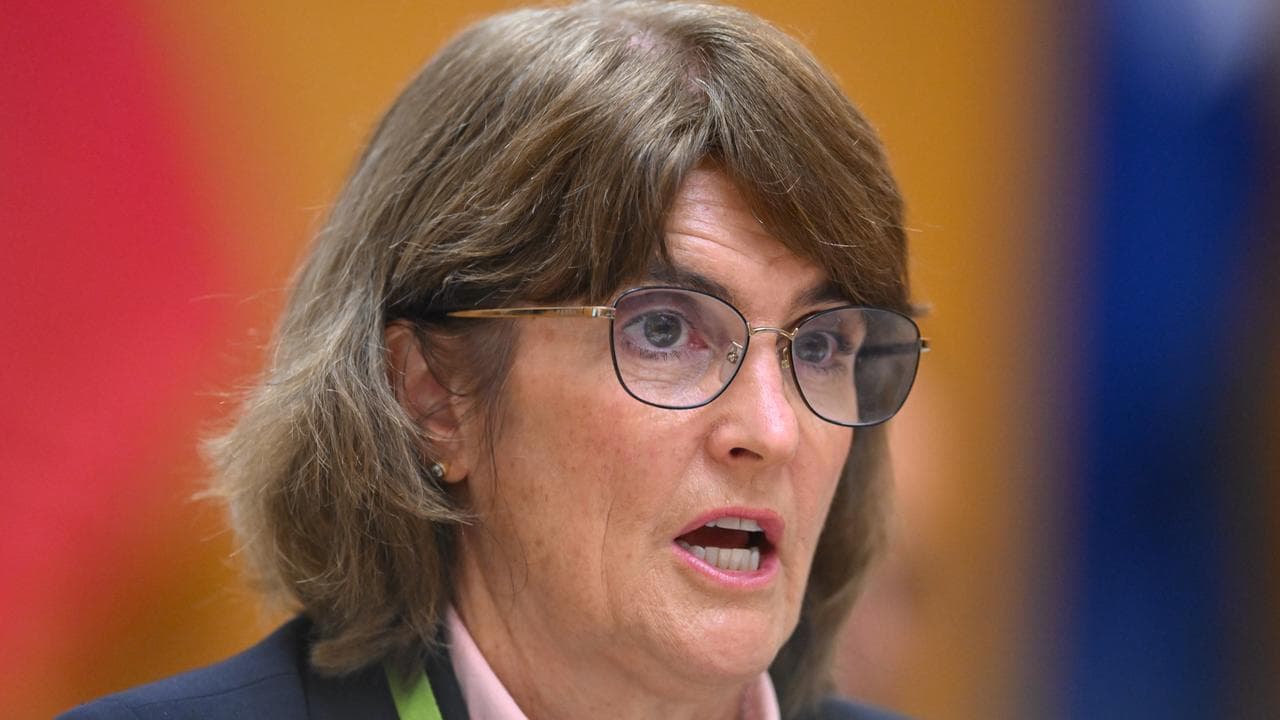
Australia has hit a bump on the road to disinflation but there are promising signs housing affordability challenges are easing.
The Reserve Bank of Australia's preferred measure of underlying inflation - the trimmed mean - rose 10 basis points to 2.8 per cent in January, the Australian Bureau of Statistics reported on Wednesday.
Crucially though, the cost of renting and building houses continued to slow.
Rents rose at 0.3 per cent for the month, well down from the 0.7 per cent pace a year earlier, while price growth for new dwellings was down to two per cent annually, the lowest level since June 2021.
NAB economists said the figures backed up their view underlying inflation would fall to 2.8 per cent annually when the more influential quarterly figure is released at the end of April, paving the way for another RBA rate cut in May.
"Overall, the better inflation narrative (relative to the RBA’s forecasts) remains on track," NAB head of market economics Tapas Strickland said.
The more volatile headline inflation rate held steady at 2.5 per cent - the midpoint of the Reserve Bank's target range.
It broke a streak of two successive rises in the consumer price index from its 2.1 per cent low in September and October 2024.
The largest contributors to annual price growth were food and non-alcoholic beverages, housing and alcohol and tobacco, ABS head of prices statistics Michelle Marquardt said.
The result was below the consensus expectations of analysts, who had pencilled in CPI to edge up to 2.6 per cent, given the roll off of electricity rebates for some customers in Queensland.
"The impact of the rebates was lower in January than December as some households had exhausted the full value of the rebate," Ms Marquardt said.

Treasurer Jim Chalmers said the figures were a reminder of Australia's "substantial and sustained progress in the fight against inflation".
"This is the first time in almost four years that headline inflation has been below three per cent for six consecutive months," he said in a joint statement with Finance Minister Katy Gallagher.
"Under Labor, inflation is down, wages are up, unemployment is low and now interest rates have started to come down as well."
But Shadow Treasurer Angus Taylor said the figures showed Australians were still suffering.
"We need a government that is absolutely focused on what we know addresses a cost of living crisis, which is good strong economic management and we are not seeing that from the government," he told reporters.
The central bank was contented enough that inflation was moving sustainably to target to cut rates for the first time in more than four years earlier in February.

But a hawkish RBA governor Michele Bullock said the battle against inflation was not yet won and more progress in the data was needed before they could be convinced to cut further
EY senior economist Paula Gadsby said the inflation data supported the RBA's decision to cut the cash rate to 4.1 per cent, but caution was needed as the first monthly CPI read of the quarter has more goods and fewer services.
"This can underestimate the rise in prices when goods are adding less to inflation than services, which is currently the case," she said.




